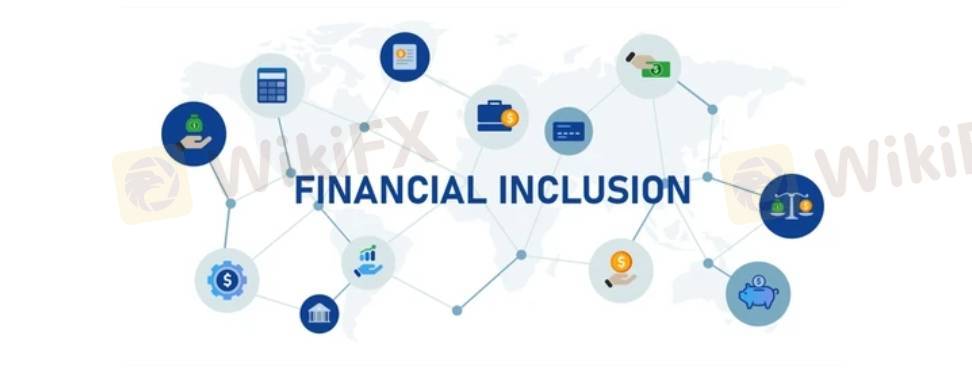
2025-02-12 21:28
IndustriyaFinancial Inclusion: Access to Financial Services
#Firstdealofthenewyearastylz
Challenges to Financial Inclusion
Lack of Financial Literacy – Many people, especially in developing countries, lack the knowledge to effectively use financial services.
Inadequate Infrastructure – Poor internet connectivity, lack of banking infrastructure, and regulatory barriers limit access to financial services.
Trust Issues – Some communities distrust financial institutions due to fraud, high fees, or lack of transparency.
Gender Inequality – Women in many regions face barriers to financial access due to cultural and legal restrictions.
Policy Recommendations for Enhancing Financial Inclusion
Strengthening Digital Financial Services – Governments and financial institutions should invest in mobile banking, digital wallets, and FinTech solutions.
Expanding Financial Literacy Programs – Educating people about financial management and digital banking is essential.
Regulatory Support and Consumer Protection – Policies should promote fair access, prevent fraud, and ensure financial stability.
Encouraging Public-Private Partnerships – Collaboration between governments, banks, and FinTech companies can enhance financial access.
Empowering Women and Marginalized Groups – Special programs should target women, rural populations, and small businesses to increase participation.
Conclusion
Financial inclusion is a key driver of economic growth, fostering entrepreneurship, reducing poverty, and improving financial stability. By expanding access to financial services, countries can unlock economic potential and ensure sustainable development. However, addressing challenges such as financial literacy, digital infrastructure, and regulatory barriers is crucial for maximizing its impact.
Katulad 0

FX2804747192
وسطاء
Mainit na nilalaman
Pagsusuri ng merkado
Dogecoin cheers coinbase listing as Bitcoin’s range play continues
Pagsusuri ng merkado
Grayscale commits to converting GBTC into Bitcoin ETF:
Pagsusuri ng merkado
Bitcoin's price is not the only number going up
Pagsusuri ng merkado
Theta Price Prediction:
Pagsusuri ng merkado
How to Research Stocks:
Pagsusuri ng merkado
Bitcoin (BTC), Ethereum (ETH) Forecast:
Kategorya ng forum

Plataporma

Eksibisyon

Ahente

pangangalap

EA

Industriya

Merkado

talatuntunan
Financial Inclusion: Access to Financial Services
 Hong Kong | 2025-02-12 21:28
Hong Kong | 2025-02-12 21:28#Firstdealofthenewyearastylz
Challenges to Financial Inclusion
Lack of Financial Literacy – Many people, especially in developing countries, lack the knowledge to effectively use financial services.
Inadequate Infrastructure – Poor internet connectivity, lack of banking infrastructure, and regulatory barriers limit access to financial services.
Trust Issues – Some communities distrust financial institutions due to fraud, high fees, or lack of transparency.
Gender Inequality – Women in many regions face barriers to financial access due to cultural and legal restrictions.
Policy Recommendations for Enhancing Financial Inclusion
Strengthening Digital Financial Services – Governments and financial institutions should invest in mobile banking, digital wallets, and FinTech solutions.
Expanding Financial Literacy Programs – Educating people about financial management and digital banking is essential.
Regulatory Support and Consumer Protection – Policies should promote fair access, prevent fraud, and ensure financial stability.
Encouraging Public-Private Partnerships – Collaboration between governments, banks, and FinTech companies can enhance financial access.
Empowering Women and Marginalized Groups – Special programs should target women, rural populations, and small businesses to increase participation.
Conclusion
Financial inclusion is a key driver of economic growth, fostering entrepreneurship, reducing poverty, and improving financial stability. By expanding access to financial services, countries can unlock economic potential and ensure sustainable development. However, addressing challenges such as financial literacy, digital infrastructure, and regulatory barriers is crucial for maximizing its impact.
Katulad 0
Gusto kong magkomento din
Ipasa
0Mga komento

Wala pang komento. Gawin ang una.

Ipasa
Wala pang komento. Gawin ang una.